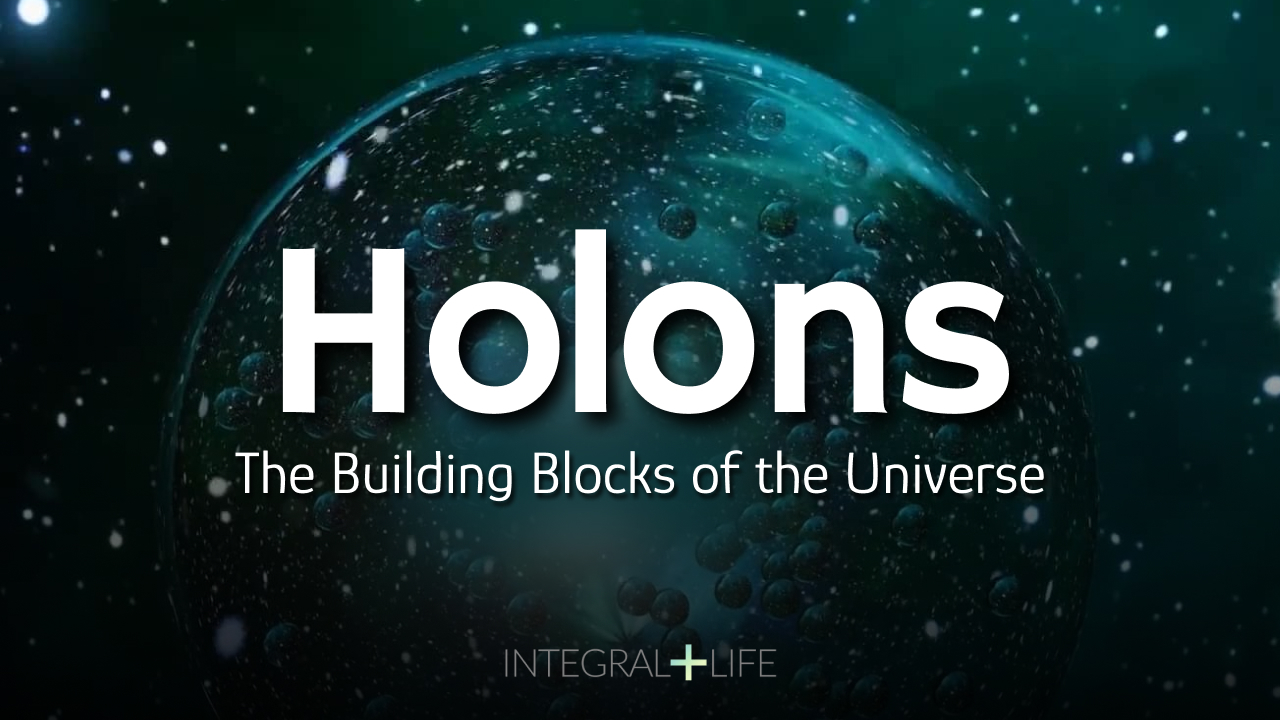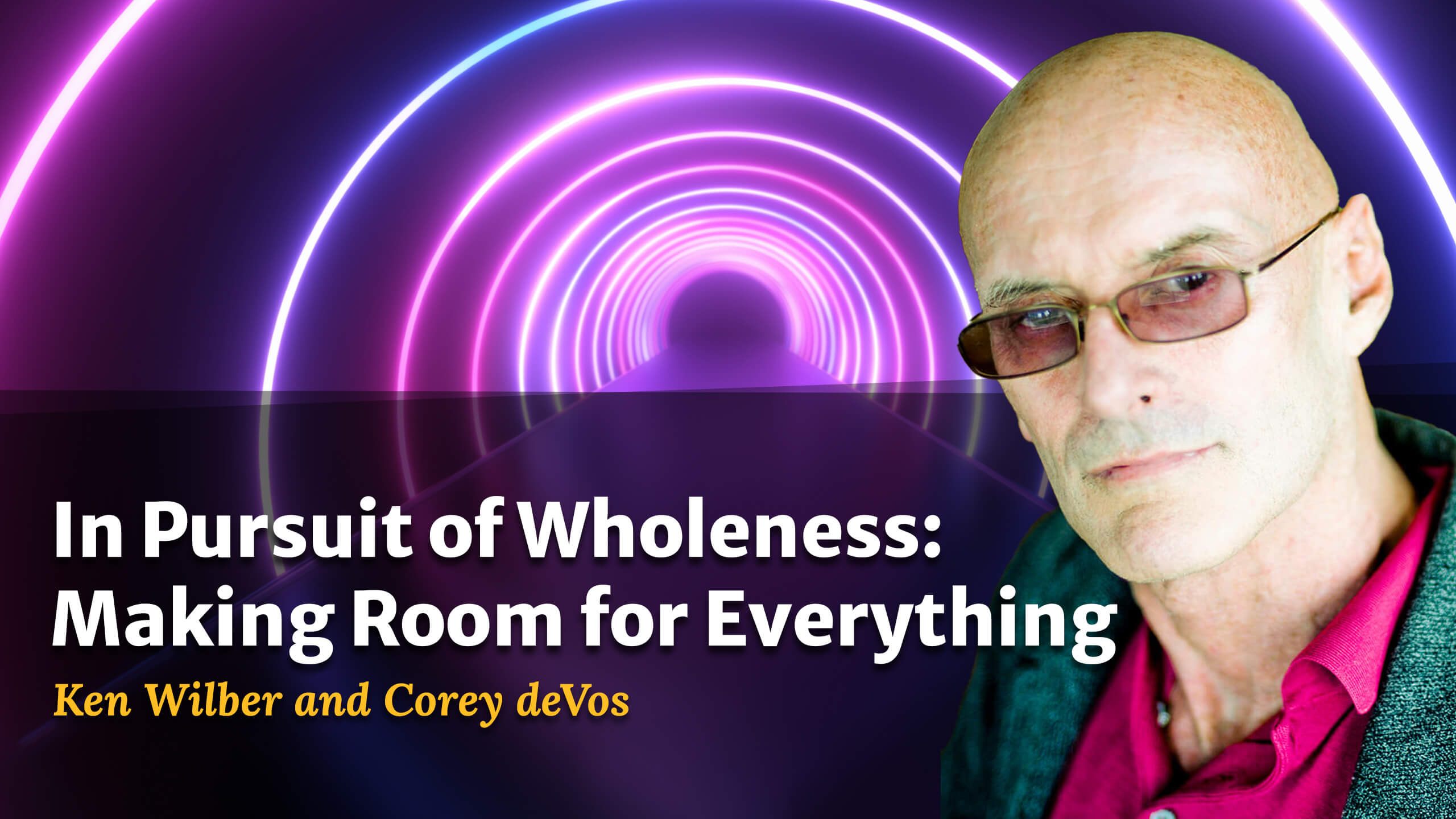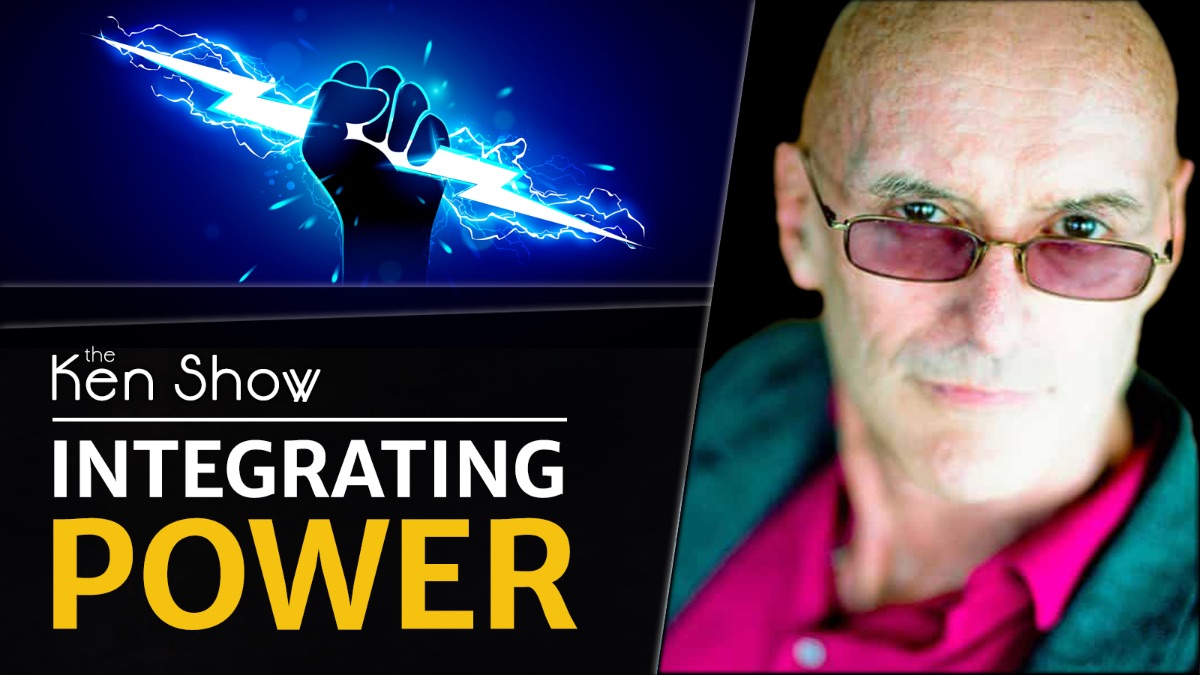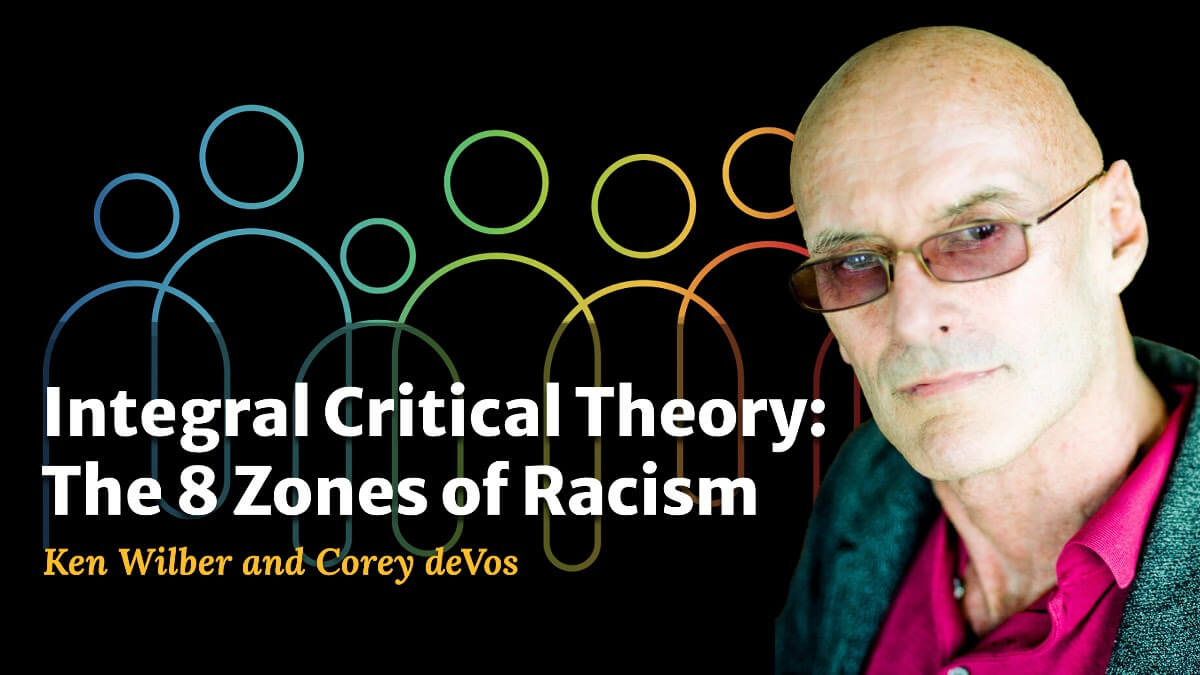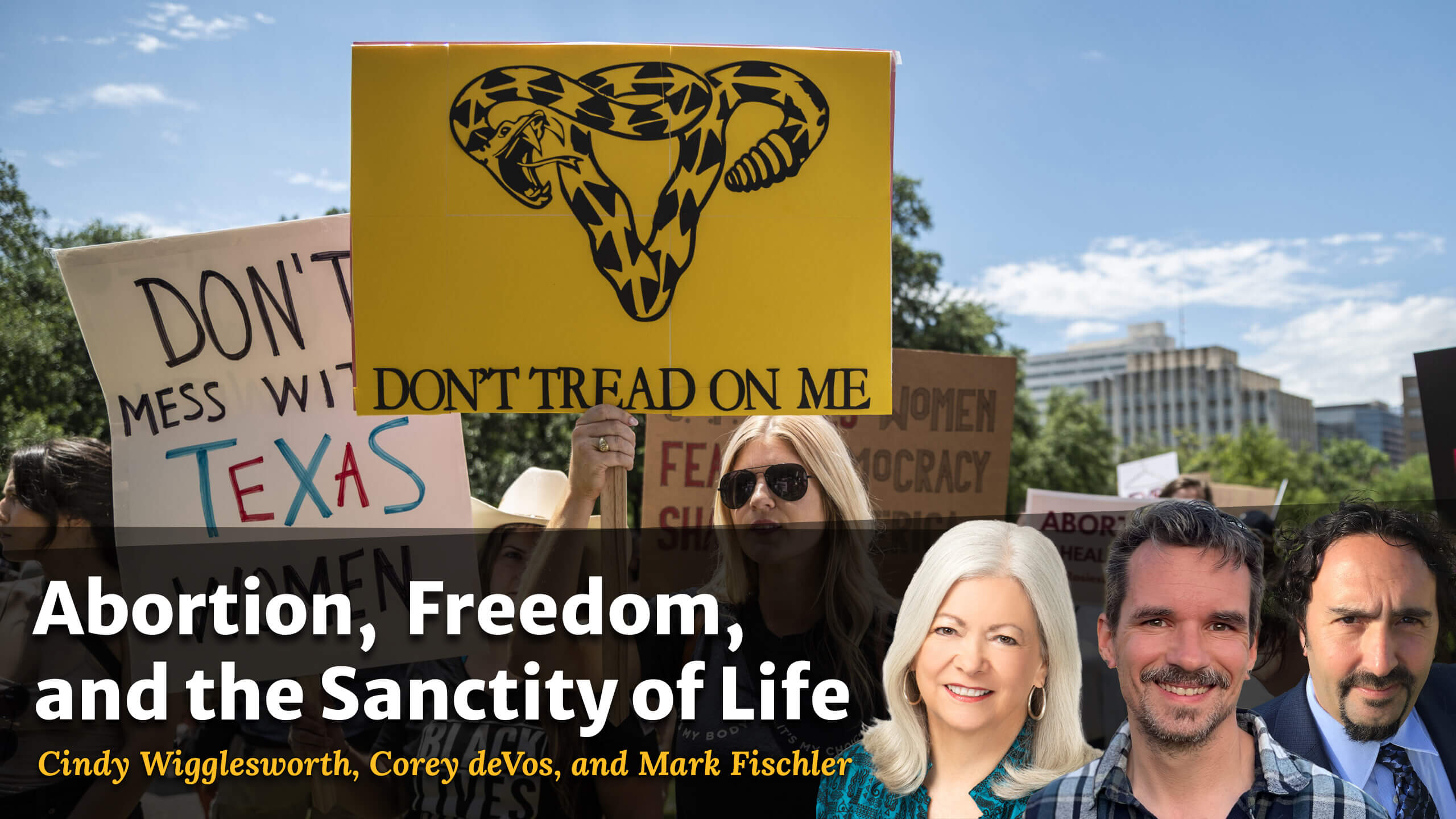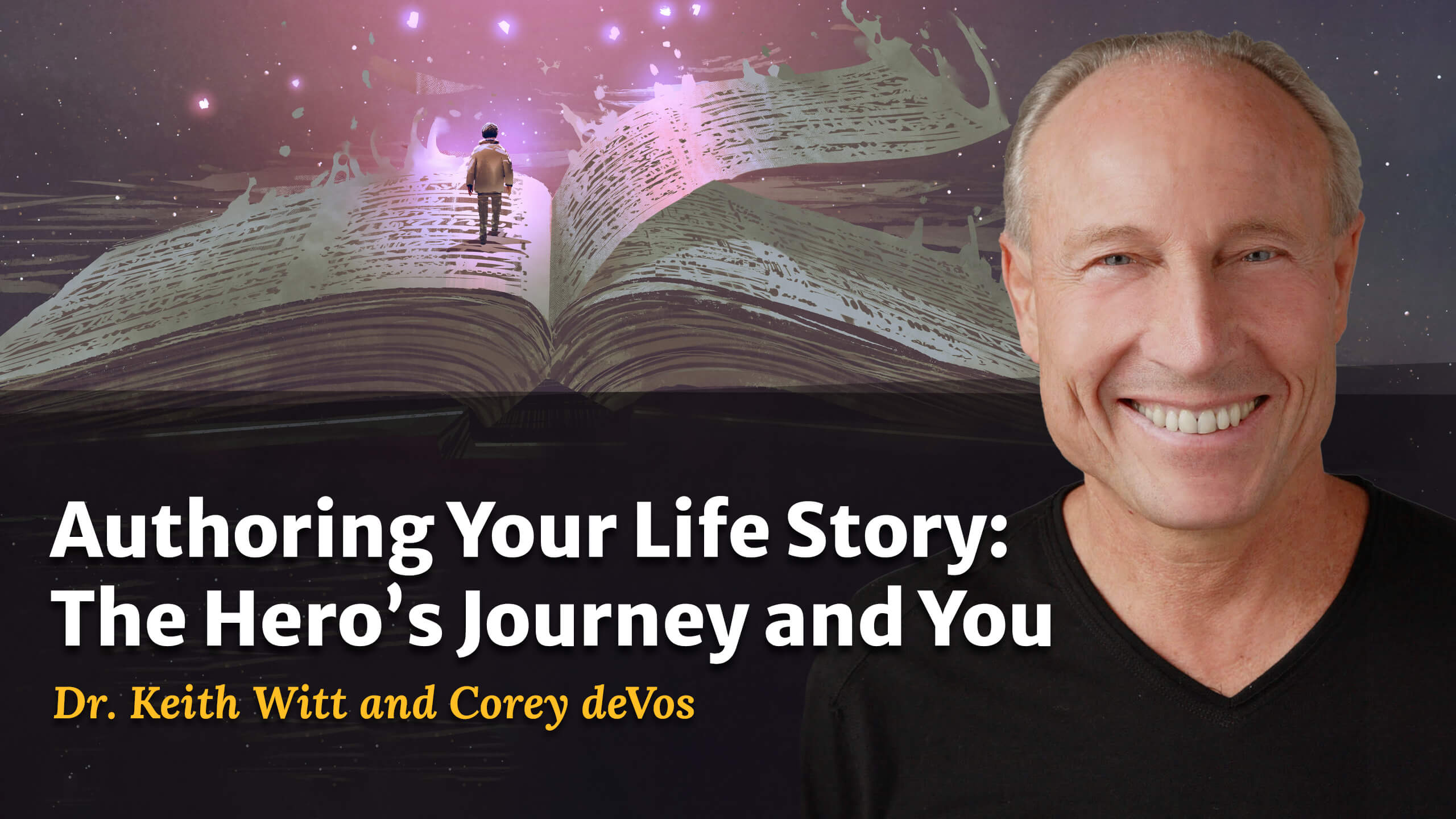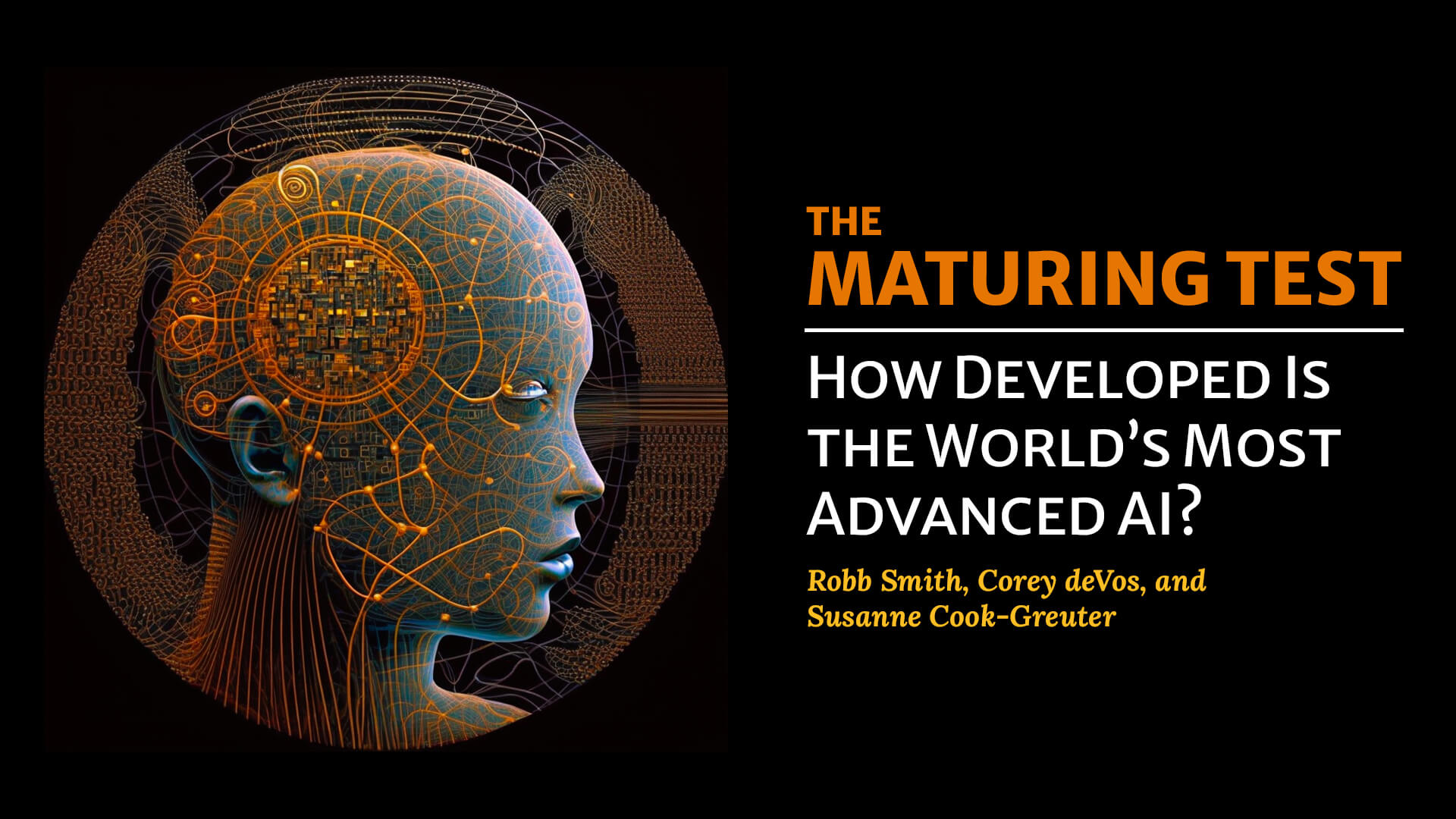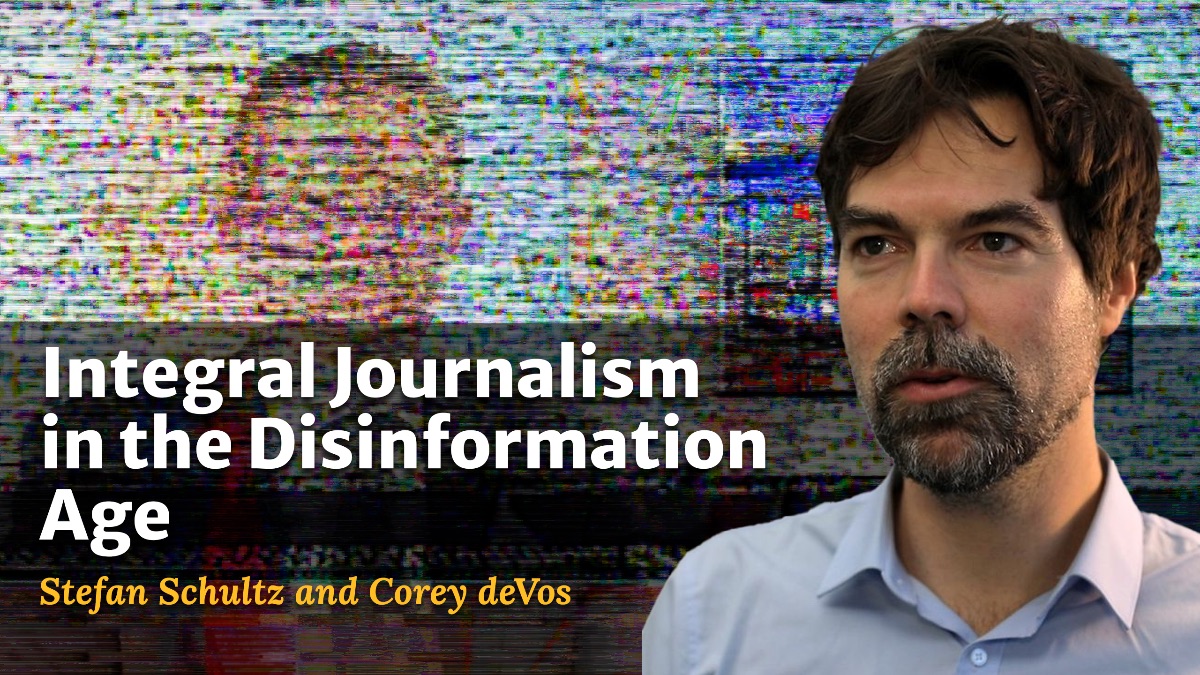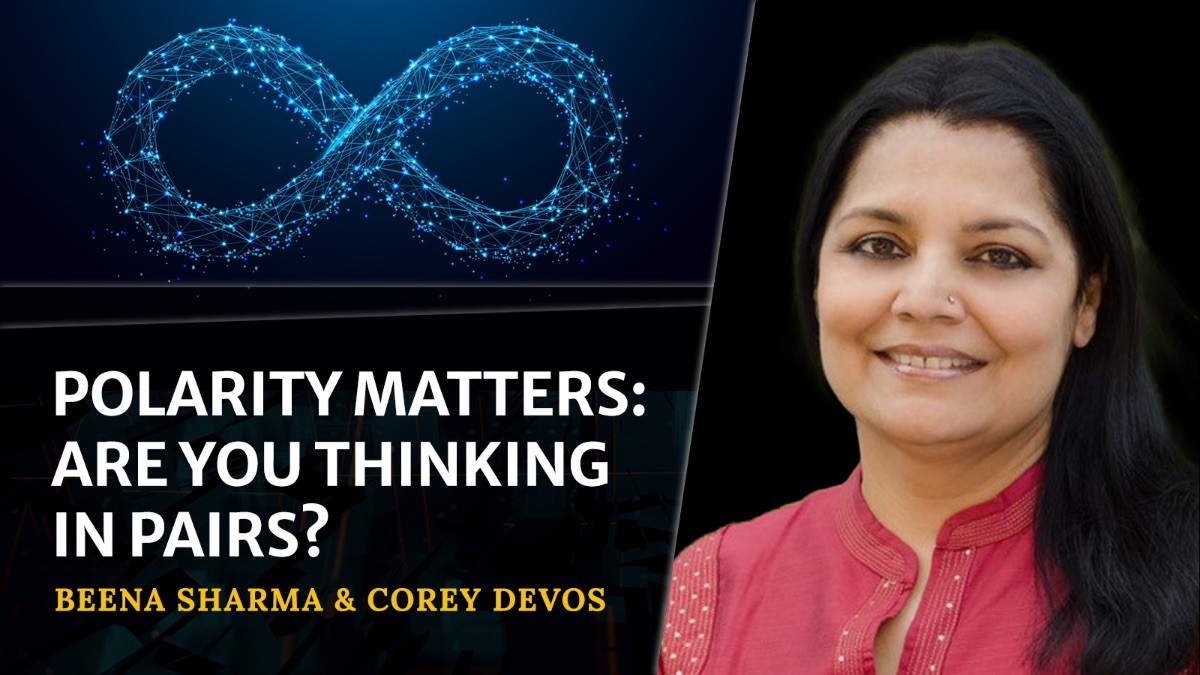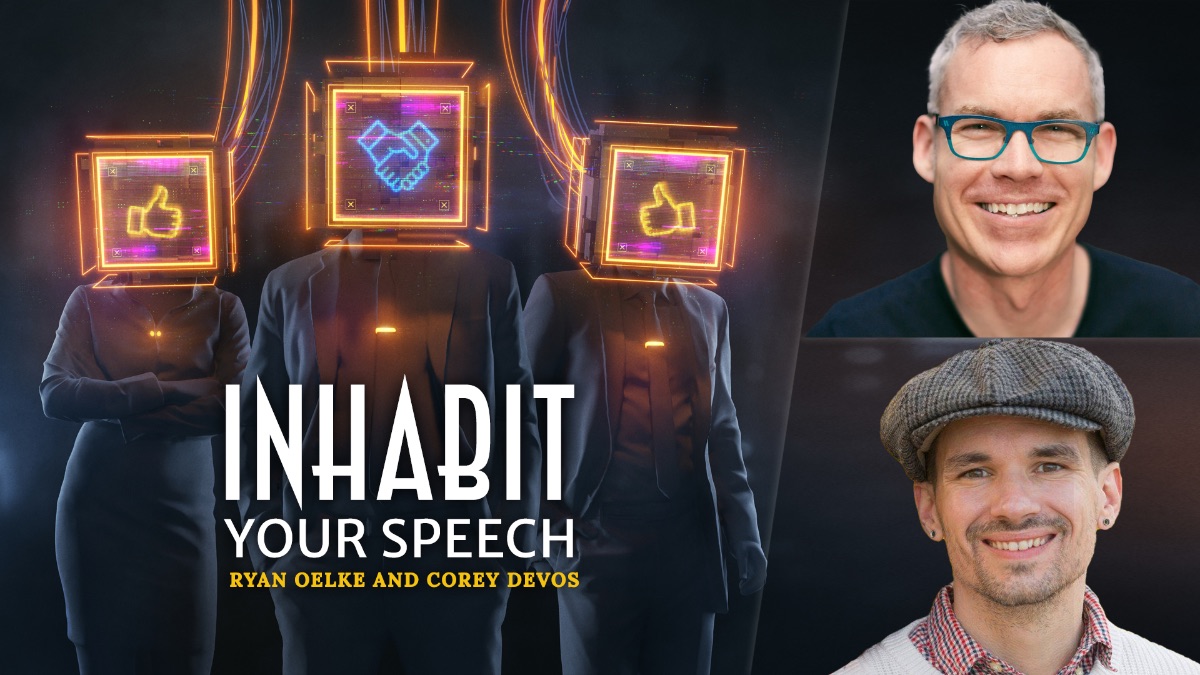Looking Back: The Best of 2022
As we close the books on the year 2022, we find ourselves reflecting on yet another of the most challenging, tumultuous, and transformational years of our lives. What were the lessons for us? Where is the wisdom to be found in all of these wounds?
We now live in a time when all of the right conditions and contradictions for Integral have finally emerged — a cascade of “wicked problems” that can only be fully seen, let alone solved, from an Integral point of view, but whose effects can be felt by virtually everybody .
We took a close look at many of these wicked problems over the year, including issues such as racism, abortion, power, free speech, disinformation, and the rise of artificial intelligence. You can find these discussions listed below.
We’ve always known that Integral was just a little bit ahead of its time. It emerged decades before the world really needed it — allowing us to lay some theoretical and social groundwork as we prepare for a time when our global problems finally catch up with us.
That time, I believe, has finally come.
Until now, Integral has been a “nice to have”. But these new life conditions have made it absolutely essential — a basic requirement just to survive these opening chapters of the newly-emerging Transformation Age.
So thank you all for being part of this remarkable journey with us. It has been a tremendously full year for everyone, and we look forward to continuing this adventure with you in the years to come.
And without any further ado, here are 10 of the best and most popular content pieces we’ve published in 2022. You can also find lots more in our Perspectives archive. Enjoy!
Big Love to you all,
Corey W. deVos
Holons: The Building Blocks of the Universe
Corey deVos
Join Corey deVos for this fun, fascinating, and far-reaching exploration of one of the essential cornerstones of integral theory. Accompanied by music, imagery, and animation, this presentation will not only help you better understand what a holonactually is (and what it isn’t!) but also how this understanding can radically deepen your appreciation for the natural world, and for all of the other holonic intelligences that exist alongside us on this planet.
In Pursuit of Wholeness: Making Room for Everything
Ken Wilber and Corey deVos
This notion of holons — the idea that the universe is fundamentally made of whole/parts within whole/parts within whole/parts, turtles all the way up and turtles all the way down — this isn’t just important in a theoretical or philosophical sense. Understanding holons also helps us make better sense of the world that we live in, and our inner worlds as well. And it helps guide our own growing up, waking up, and cleaning up process.
Integrating Power
Ken Wilber and Corey deVos
Ken and Corey take an in-depth look at the multiple kinds of power we find in all four quadrants — interior and exterior power, individual and collective power — as they are expressed up and down the spiral of development. By having conversations like these, we are hopefully planting the seeds for a genuine Integral Critical Theory, one that is capable of looking at all facets of power — healthy power and unhealthy power, up and down the spiral, across all types, in all four quadrants, and even in all eight zones.
Integral Critical Theory: The 8 Zones of Racism
Ken Wilber and Corey deVos
Ken and Corey continue their discussion of the 8 critical zones of integral metatheory, and apply them to the ongoing cultural conversation taking place around race, racism, and other kinds of bigotry that we continue to see in the world. This discussion is a great opportunity to not only learn more about these 8 primordial perspectives that are available to us, but also to see how they can be applied to social and cultural challenges and “wicked problems” such as these.
Abortion, Freedom, and the Sanctity of Life
Cindy Wigglesworth, Corey deVos and Mark Fischler
Watch as Cindy Wigglesworth, Mark Fischler, and Corey deVos take a careful look at the Supreme Court’s deeply controversial decision to overrule Roe vs. Wade, and the subsequent banning of abortion access in dozens of states across the country. How does something like the sanctity of life change from one developmental stage to another? How do integral “metaphysics of wholeness” inform our views? Watch to find out.
Authoring Your Life Story: The Hero’s Journey and You
Dr. Keith Witt and Corey deVos
Watch as Dr. Keith and Corey take a deep dive into the human superpower of self-authorship, and how we can use that superpower to construct a more resilient, more forgiving, and more integrated sense of “self”.
The Maturing Test: How Developed Is the World’s Most Advanced AI?
Robb Smith, Corey deVos and Susanne Cook-Greuter
We just assessed GPT-3, the world’s most advanced sentence-generating Artificial Intelligence, using Susanne Cook Greuter’s testing methodology. What did we learn, and what are the possible consequences for humanity? Watch to find out!
Integral Journalism in the Disinformation Age
Stefan Schultz and Corey deVos
Stefan Schultz is a journalist for Der Spiegel magazine since 2008, and a student of integral theory since 2018. In this fun and far-ranging discussion, Corey deVos talks to Stefan about his own integral approach to journalism, taking a careful look at the primary methods and motivations of journalism we see at each major stage of development. They then go on to suggest what a more integral form of journalism might look like.
Polarity Matters: Are You Thinking In Pairs?
Beena Sharma and Corey deVos
How do polarities help us see ourselves and our world more clearly and completely? Watch as Beena Sharma answers your questions about her Integrating Polarities training, while offering a simple introduction to the practice you can follow along with at home.
Inhabit: Your Speech
Corey deVos and Ryan Oelke
What are the unique challenges that prevent you from inhabiting your most authentic and embodied voice, and how can integral thought and practice help us to overcome those challenges — in our society, in our communities, and in our own consciousness? Watch as Ryan and Corey take a look at a recent article by Jonathan Haidt, and explore how we can bring more “enfoldment mechanisms” to our activities in all four quadrants.
